The Taliban’s Moscow Travels Have Turned Them into Seasoned Diplomats
From the caves of the Hindu Kush mountains to conference rooms in swanky Moscow hotels, the Taliban have come a long way in their national liberation struggle and are proving themselves by the day to be the most capable stewards of post-US Afghanistan after their recent travels to the Russian capital turned them into seasoned diplomats.
The Intra-Afghan Peace Dialogue
The Taliban are still officially recognized as an “international terrorist group” by the UN in general and many of its member states in particular, but that hasn’t stopped the most important Great Powers from politically interacting with them for pragmatic reasons as every country in the world (except for India) excitedly waits to see whether Trump will really clinch a peace deal with the group prior to withdrawing American forces from the war-torn nation. The month-long interim period before the resumption of US-Taliban peace talks in Doha at the end of February was importantly marked by an intra-Afghan peace dialogue that just took place in the Russian capital and which was organized by the Council of Afghan Society in Russia. This meeting wasn’t formally part of the Moscow peace process but obviously complemented it and was greatly aided by the previous trust-building inroads that Russia made with all responsible Afghan actors through Pakistan’s facilitation.
From “Cavemen” To “Statesmen”
The gathering was noteworthy for many reasons, not least of which was the powerful symbolism of the Taliban-led prayer ceremony that took place in Moscow before the event. This National Liberation Movement has come a long way from the caves of the Hindu Kush mountains to conference rooms in swanky Moscow hotels, and the fact that they even led their former adversaries prayers (and in the capital of their Old Cold War-era Soviet enemies, no less!) spoke to just how powerful they’ve become over the past 18 years. It’s not an exaggeration to say that the Taliban are proving themselves to be the most capable stewards of post-US Afghanistan, and their recent travels to Moscow as both official dignitaries participating in the government-organized peace process and private citizens meeting with their fellow compatriots have turned them into seasoned diplomats. Nowhere is this seen more prominently than in the nine-point agenda agreed to after the aforementioned meeting.
The Nine-Point Agenda
According to Afghan media outlet TOLO news, the joint declaration is as follows:
1. All parties in this conference have agreed that a dignified and lasting peace is the aspiration of all the people of Afghanistan and this principle has been achieved in Moscow.
2. All parties agreed that in view of the current sensitive situation, the intra-Afghan dialogue must continue on regular basis.
3. All parties agreed to support the ongoing talks in Qatar and consider these talks a positive step towards ending the imposed war on Afghanistan.
4. All parties have agreed that systematic reforms be put in place in all national institutions including the security sector after a peace deal is signed
5. All parties agreed that the cooperation of regional countries and major countries are essential to determine lasting and nationwide peace in Afghanistan
6. All parties agreed that the values such as respect for the principles of Islam in all parts of the system, the principle that Afghanistan is a common home to all Afghans, support to a powerful centralize government with all Afghan ethnicities having a role in it, protecting national sovereignty and promoting social justice, to keep Afghanistan neutral in all regional and international conflicts, protecting Afghanistan’s national and religious values and undertaking a unified and single policy.
7. All parties agreed that to determine lasting peace in Afghanistan, the following points are important : the complete withdrawal of foreign forces from the country, asking all countries to avoid interfering in Afghanistan’s internal affairs, providing assurance to the international community that Afghanistan will not be used against any other nation, protection of social, economic, political and educational rights of the Afghan women in line with Islamic principles, protection of political and social rights of the entire people of Afghanistan and protection of freedom of speech in line with Islamic principles, undertaking efforts for attracting international assistance for the reconstruction of Afghanistan’s infrastructure.
8. All parties agreed that in order to create the atmosphere of trust and promote peace, in the first step, it is important that these items are taken into consideration, tackling the issue of all those inmates who are old, or suffering uncurable diseases or have completed their prison sentences and the removal of leaders of the Taliban from the UN blacklist, opening of an official political office in Qatar for acceleration of peace talks.
9. All parties agreed that the next intra-Afghan meeting to be held in Doha, Qatar as soon as possible. Agreement was also made to work further on some other important issues related to the peace process in Afghanistan.”
Analytical Interpretations
And here’s how each point can be analytically interpreted:
- All Afghans regardless of ethnicity want to live in peace with one another, understanding that a final settlement to their conflict mustn’t end with one group dominating the others.
- Moscow will probably host more such intra-Afghan dialogues in the future, which will grow more important as the US-Taliban peace talks and the Russian-organized peace process progress.
- Practically every Afghan political force of significance apart from Kabul (which is increasingly irrelevant nowadays anyhow) wants to see the US-Taliban peace talks succeed.
- The Taliban will probably become part of every national institution by the end of the war, and its fighters will likely be recognized as a legitimate part of a reconstituted Afghan National Army.
- The international multilateralization of the Afghan peace process with the full involvement of all relevant regional stakeholders (especially Russia and Pakistan) is a prerequisite for peace.
- Afghanistan will become a militarily neutral and politically centralized Islamic Republic, importantly precluding its participation in the Hybrid War on CPEC and preventing the country’s “internal partition”.
- Post-war Afghanistan wants no foreign forces (also implying mercenaries), will base its socio-political system on Islamic principles, and is courting international investment (e.g. Silk Road, NSTC, RuPak Rail).
- A prisoner swap and the delisting of Taliban leaders from the UN blacklist are the next steps in the confidence-building measures that have already been undertaken by the Afghan parties.
- The next intra-Afghan dialogue will take place in Qatar, which might precede, coincide with, or closely follow the next round of US-Taliban peace talks there.
Additional Insight
Bearing this insight in mind, a few significant points can be made:
* The Taliban are displaying flexible pragmatism that shows just how much its peacemaking outlook has changed from the rigidly dogmatic stance that it was previously known for.
* A comparatively “softer” interpretation of Islamic law will afford more benefits to women and minorities (both ethnic and political) than they had before 2001.
* The Taliban want to build an inclusive Afghanistan that they recognize is impossible to achieve if they continue their armed quest to “seize the whole country” by force and obtain a “monopoly on power”.
* The most efficient means of implementing the agreed-upon nine-point agenda is to write a new constitution like the Taliban recently suggested.
* Russia is becoming a diplomatically indispensable party to the Afghan peace process, and this is a direct outcome of the Russian-Pakistani Strategic Partnership.
* Building off the above, a Syrian-like “constitutional committee” could be assembled with meetings possibly taking place in Kabul, Islamabad, Doha, Tashkent, Tehran, Istanbul, Moscow, and Beijing.
* It’s strongly implied that the multilateral internationalism of the Afghan peace process and the country’s intended future neutrality might see it join the SCO and Golden Ring geopolitical projects.
* Afghanistan’s dire need for reconstruction aid means that it won’t discriminate against potential patrons, thereby allowing American and Indian companies an opportunity to remain in the country.
* The Taliban have rapidly “evolved” from “cavemen” to “statesmen”, and this is largely due to the newfound pragmatism that they’ve shown since traveling to Moscow during their high-profile trips.
Concluding Thoughts
Peace in Afghanistan is more of a realistic prospect than ever before following Trump’s decision to apply his “America First” strategy to the conflict after he finally realized that it’s an unwinnable quagmire of endless blood and treasure for his nation. The Taliban’s recent large-scale attacks of the past couple of months occurred during the “winter offseason” and taught Trump that the Taliban are no longer taking any time off from their armed struggle. This coincided with the Republicans’ loss of the House during the November midterm elections and inspired Trump to reach a peace deal with the group as soon as possible in order to gain the upper hand with voters ahead of the heated 2020 presidential election. Nevertheless, no substantive progress could have been made had it not been for the “statesmen”-like diplomatic pragmatism that the Taliban have recently displayed after their Moscow meetings, which might be the turning point towards possibly reaching a political solution to this conflict.
By Andrew Korybko
Source: Eurasia Future

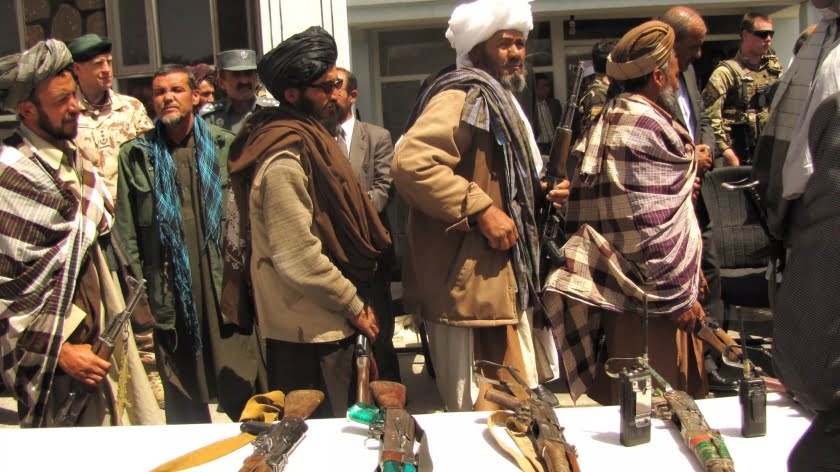

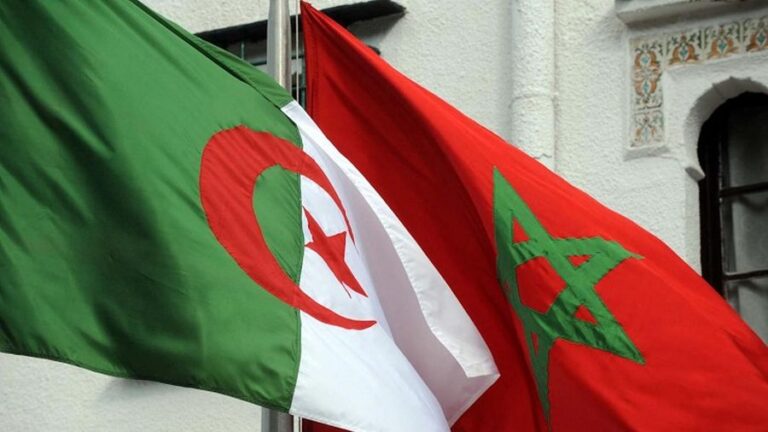
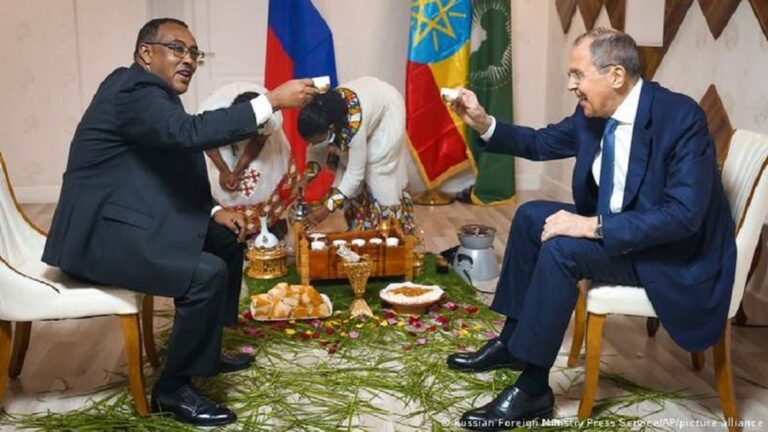
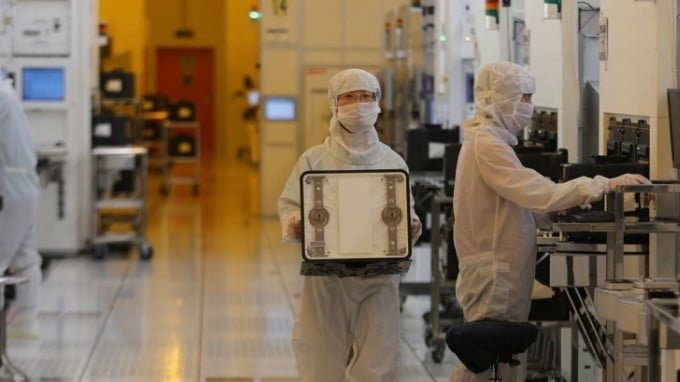
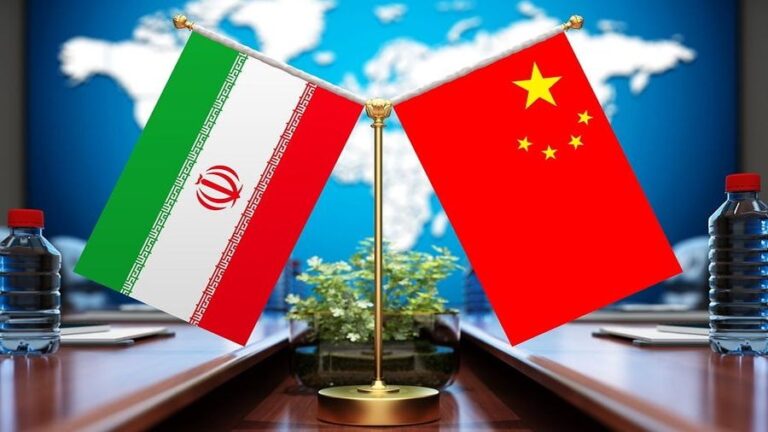

10 Comments